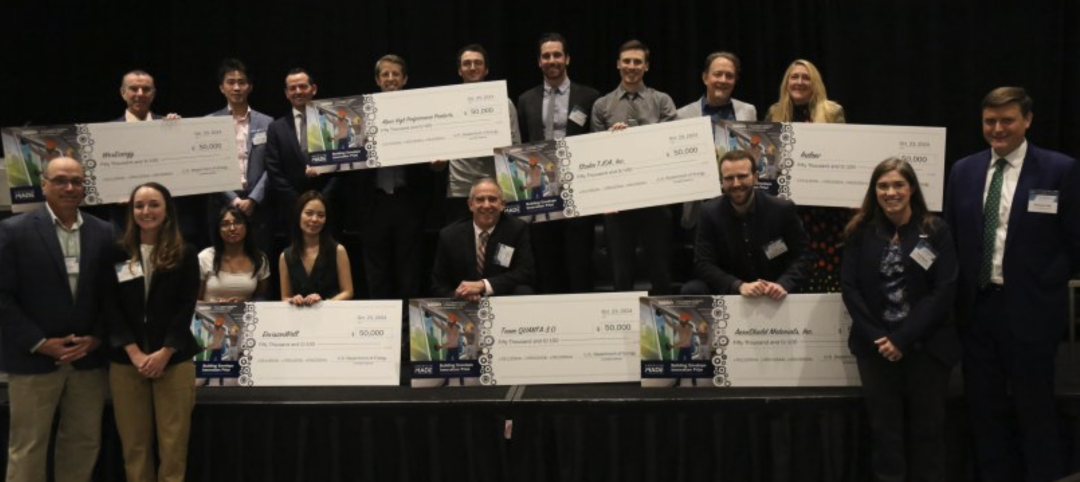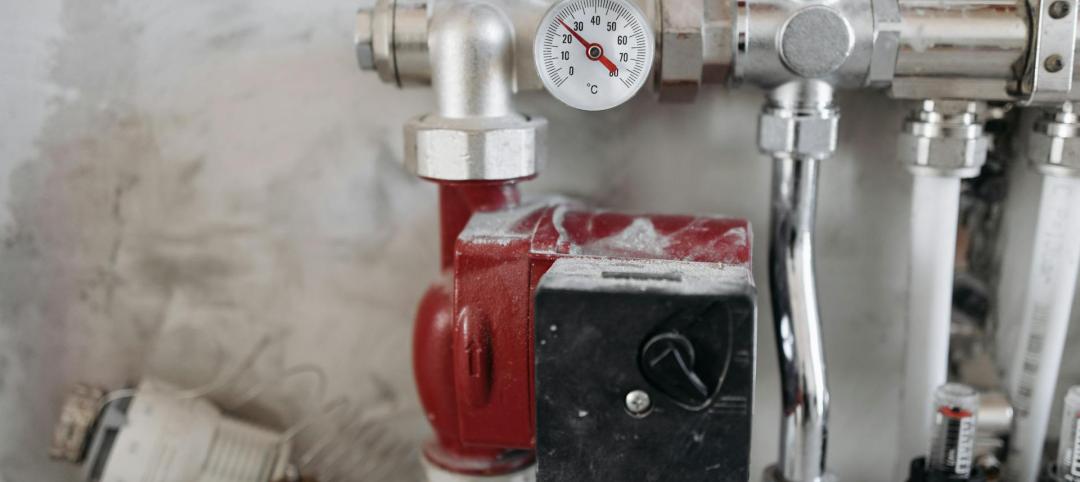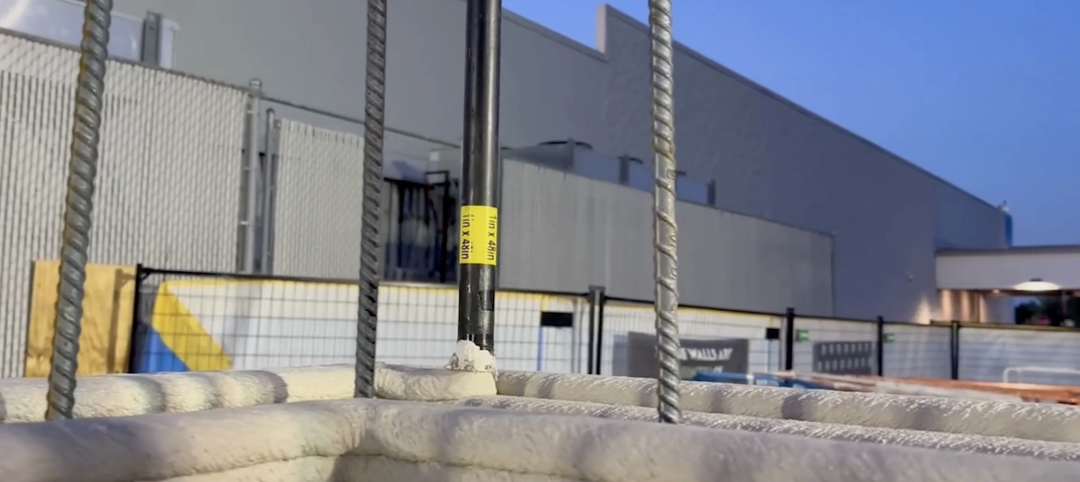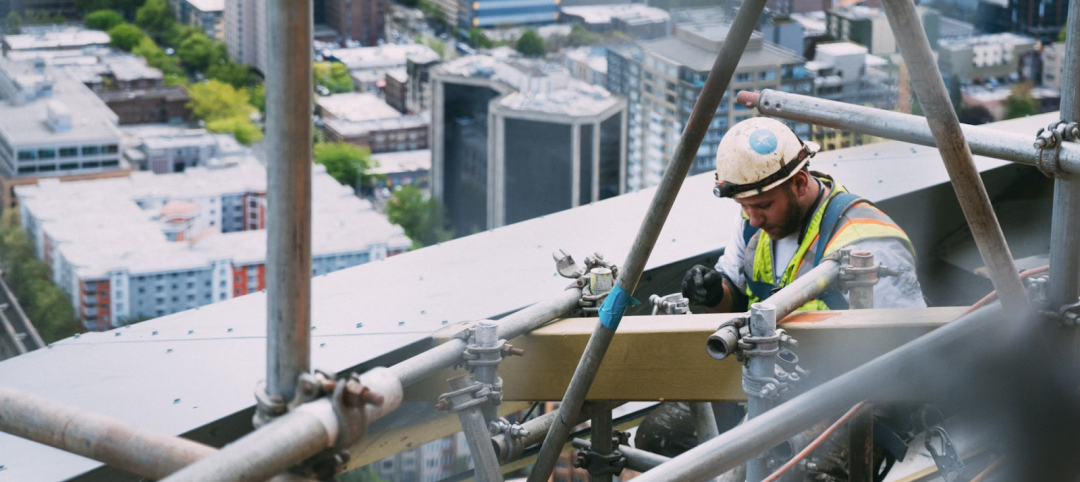Besides being one of the more famous cases of breaking and entering, what is the one thing Goldilocks is known for? No, not her love of porridge or under-the-covers naps. It is her persnickety nature that shines through most and, as much as we may not want to admit it, we all have a little bit of that Goldilocks mentality in us.
Especially when it comes to shared spaces like offices. For some it’s too hot, for others it’s too cold. It’s too bright, too dark, too loud, or too quiet; in a given office, how many people are actually comfortable with their surrounding environment? In a supposed place of productivity, such as an office, it isn’t just an inconvenience to be uncomfortable; it can quickly become a hindrance to getting work done.
But what’s the solution? We aren’t all as fortunate as our friend Goldilocks and have a few different options to pick from in order to find the one that best suits us. Or are we? Many offices have begun to implement an open office floor plan, meaning there are no assigned seats or workspaces. You can change where you sit and work on a day-to-day or hour by hour basis, meaning if it is too noisy or cold in one area, its possible to just pick up and move to another quieter or warmer area.
But therein lies the next issue, how do you find that quieter, warmer spot? That’s where Goldilocks comes in. No, not the Goldilocks, but the proprietary sensor technology developed by NBBJ to help employees find the perfect spot in the office, the one that is just right.
Inside its 140 Broadway offices in New York City, NBBJ installed over 50 sensors to collect data and track light levels, humidity and motion, and sound. According to NBBJ, they are the only company to incorporate sound into a sensor of this type. And considering the fact that noise is the number one complaint in the workplace, this addition of sound sensors seems like one of those why-hasn’t-anyone-done-this-before type additions.
So, where does all of this information the sensors are collecting go? Right to the accompanying app (compatible with Apple or Android smartphones) in real-time. If you get to the office and decide you require a workspace that is bright and warm, simply fire up the app, set the parameters to warm and bright, and you will be shown the best spots in the office that match exactly what you are looking for.
Not only are these sensors a solution for employees to use on a daily basis, but the information gathered, especially the information about sound, can also be used to better design spaces in the future.
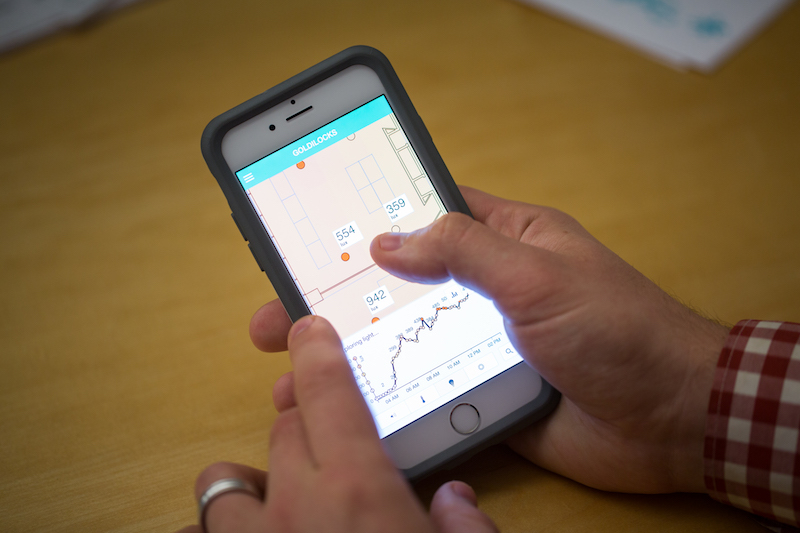 Photo courtesy of NBBJ
Photo courtesy of NBBJ
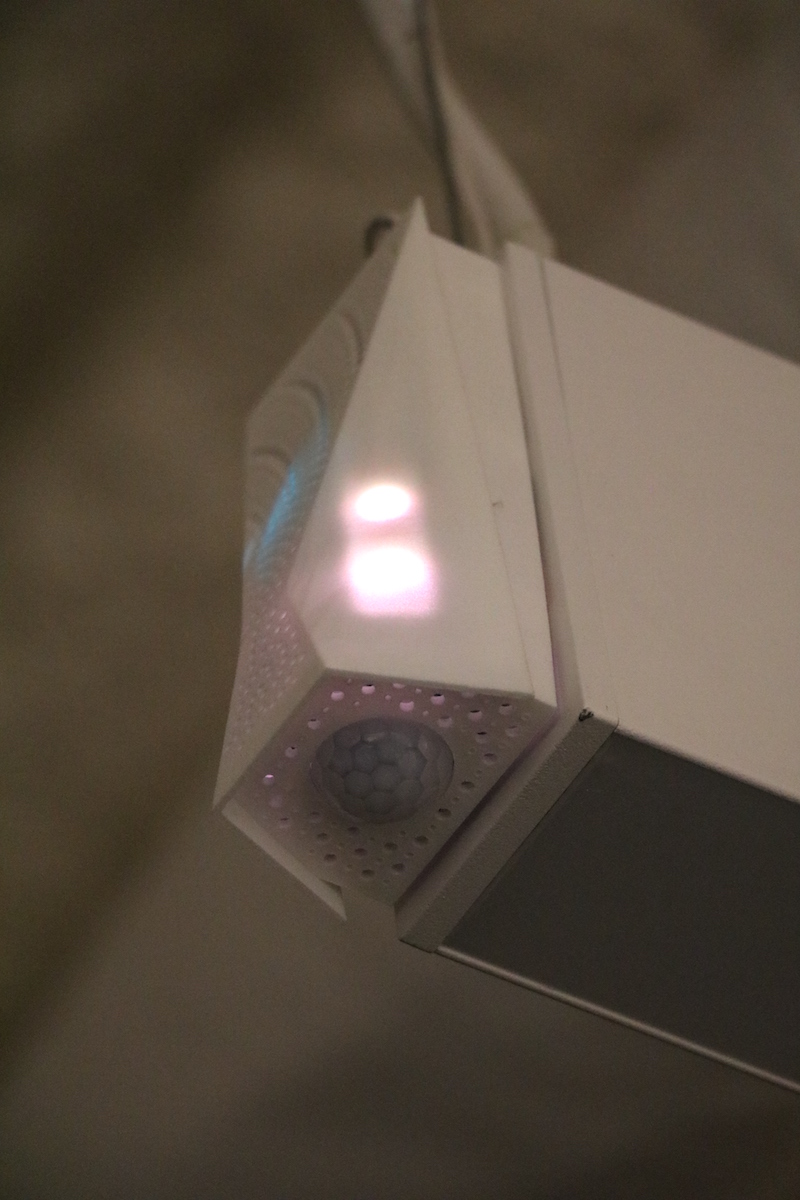
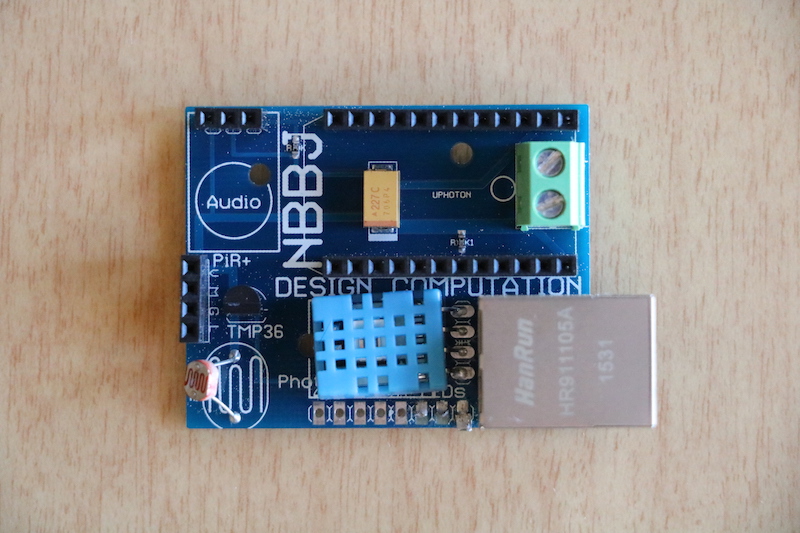
Related Stories
Building Enclosure Systems | Oct 30, 2024
Winners of Building Envelope Innovation Prize focus on secondary glazing
The U.S. Department of Energy (DOE) recently announced the winners of the first phase of the Building Envelope Innovation Prize. The prize targets high-performance, cost-effective secondary glazing systems to improve efficiency of commercial windows.
M/E/P Systems | Oct 30, 2024
After residential success, DOE will test heat pumps for cold climates in commercial sector
All eight manufacturers in the U.S. Department of Energy’s Residential Cold Climate Heat Pump Challenge completed rigorous product field testing to demonstrate energy efficiency and improved performance in cold weather.
3D Printing | Oct 9, 2024
3D-printed construction milestones take shape in Tennessee and Texas
Two notable 3D-printed projects mark milestones in the new construction technique of “printing” structures with specialized concrete. In Athens, Tennessee, Walmart hired Alquist 3D to build a 20-foot-high store expansion, one of the largest freestanding 3D-printed commercial concrete structures in the U.S. In Marfa, Texas, the world’s first 3D-printed hotel is under construction at an existing hotel and campground site.
Brick and Masonry | Oct 7, 2024
A journey through masonry reclad litigation
This blog post by Walter P Moore's Mallory Buckley, RRO, PE, BECxP + CxA+BE, and Bob Hancock, MBA, JD, of Munsch Hardt Kopf & Harr PC, explains the importance of documentation, correspondence between parties, and supporting the claims for a Plaintiff-party, while facilitating continuous use of the facility, on construction litigation projects.
AEC Tech | Sep 25, 2024
Construction industry report shows increased use of robotics on jobsites
Nearly two-thirds of contractors surveyed, who cited use of robotics on jobsites, are either using monitoring and/or service/labor robotics.
3D Printing | Sep 17, 2024
Alquist 3D and Walmart complete one of the nation’s largest free-standing, 3D-printed commercial structures
Walmart has completed one of the largest free-standing, 3D-printed commercial structures in the US. Alquist 3D printed the almost 8,000-sf, 20-foot-high addition to a Walmart store in Athens, Tenn. The expansion, which will be used for online pickup and delivery, is the first time Walmart has applied 3D printing technology at this scale.
Building Technology | Aug 23, 2024
Top-down construction: Streamlining the building process | BD+C
Learn why top-down construction is becoming popular again for urban projects and how it can benefit your construction process in this comprehensive blog.
Curtain Wall | Aug 15, 2024
7 steps to investigating curtain wall leaks
It is common for significant curtain wall leakage to involve multiple variables. Therefore, a comprehensive multi-faceted investigation is required to determine the origin of leakage, according to building enclosure consultants Richard Aeck and John A. Rudisill with Rimkus.
Affordable Housing | Aug 7, 2024
The future of affordable housing may be modular, AI-driven, and made of mushrooms
Demolished in 1989, The Phoenix Ironworks Steel Factory left a five-acre hole in West Oakland, Calif. After sitting vacant for nearly three decades, the site will soon become utilized again in the form of 316 affordable housing units.
Geothermal Technology | Jul 29, 2024
Rochester, Minn., plans extensive geothermal network
The city of Rochester, Minn., home of the famed Mayo Clinic, is going big on geothermal networks. The city is constructing Thermal Energy Networks (TENs) that consist of ambient pipe loops connecting multiple buildings and delivering thermal heating and cooling energy via water-source heat pumps.


